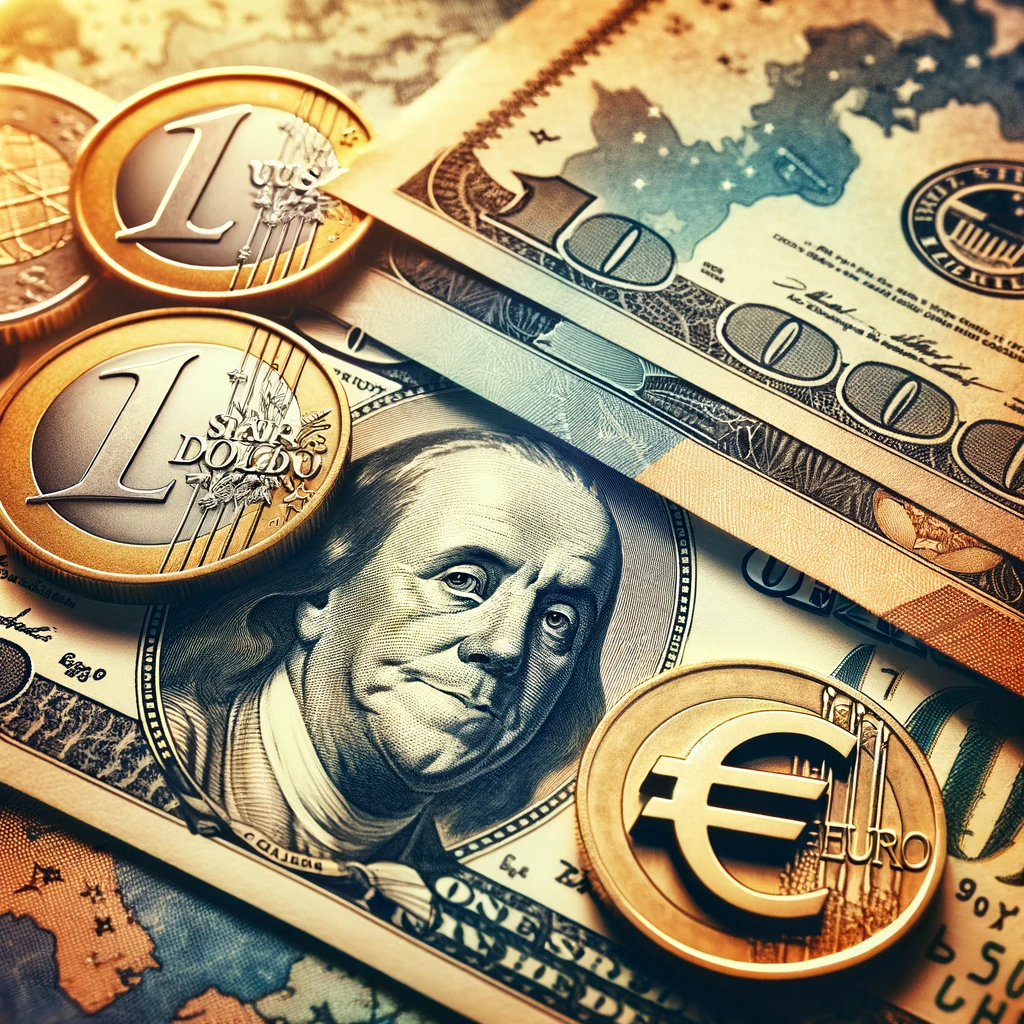Currency
Definition
Currency is a noun that refers to a system of money used in a particular country or region, or the general use and acceptance of such a system as a medium of exchange. It also denotes any object or system with a recognized value in economic transactions.
Parts of Speech
- Noun
Pronunciation
American English
- IPA Pronunciation: /ˈkɜːrənsi/
- Respelling: KUR-en-see
British English
- IPA Pronunciation: /ˈkʌrənsi/
- Respelling: KUR-uhn-see
Etymology
The word "currency" originates from the Latin "currere," meaning "to run or flow." It evolved through Old Italian "currentia" and French "courant" before being adopted into English in the 17th century. Initially referring to "flow" or "circulation," it came to mean "money in circulation."
Derivatives
- Currency exchange (noun)
- Current (adjective)
- Concurrent (adjective)
- Currency converter (noun)
- Foreign currency (noun)
Synonyms
- Money
- Cash
- Tender
Antonyms
- Barter
- Debt
- None
Usage
The term "currency" is often used to describe the official money system of a country, such as "The dollar is the currency of the United States." It also refers to any unit or system of trade with economic value, such as digital currencies or local trade tokens.
Related Terms
- Exchange rate: The value of one currency in relation to another.
- Inflation: The rate at which the general level of prices for goods and services rises, reducing purchasing power.
- Economy: The system of production, consumption, and trade within a specific region.
Detailed Definitions
Noun
- The system of money used in a particular country or region: Refers to the official money form, typically issued by a government.
- Example: "The euro is the official currency of several European countries."
- A medium of exchange with recognized value: Denotes any item that holds monetary value, whether physical (like coins and bills) or digital.
- Example: "Cryptocurrency is a new form of currency gaining popularity."
- The quality or state of being accepted or in circulation: Refers to the general acceptance of ideas, phrases, or concepts.
- Example: "The theory gained currency in academic circles."
currency



🇨🇳 Mandarin (Simplified Chinese)
- 货币 (money, currency)
- IPA: /xwoː˨˩˦ pi˥˩/
- Respelling: huòbì
🇮🇳 Hindi
- मुद्रा (currency)
- IPA: /mʊdrɑː/
- Respelling: mudrā
🇪🇸 Spanish
- moneda (coin, currency)
- IPA: /moˈneða/
- Respelling: moh-neh-dah
🇫🇷 French
- monnaie (currency, coin)
- IPA: /mɔ.nɛ/
- Respelling: mo-nay
🇸🇦 Modern Standard Arabic
- عملة (currency)
- IPA: /ʕumlaː/
- Respelling: 'umlā
🇧🇩 Bengali
- মুদ্রা (currency)
- IPA: /mud̪ra/
- Respelling: mudra
🇷🇺 Russian
- валюта (currency)
- IPA: /vɐˈlʲutə/
- Respelling: va-lyu-ta
🇵🇹 Portuguese
- moeda (currency, coin)
- IPA: /ˈmo.ɛ.dɐ/
- Respelling: moh-eh-dah
🇮🇩 Indonesian
- mata uang (currency)
- IPA: /ˈmata ˈu.aŋ/
- Respelling: ma-ta u-ang
🇩🇪 German
- Währung (currency)
- IPA: /ˈvɛʁʊŋ/
- Respelling: veh-rung
🇯🇵 Japanese
- 通貨 (currency)
- IPA: /tsuː.ka/
- Respelling: tsū-ka
🇻🇳 Vietnamese
- tiền tệ (currency)
- IPA: /tiən˧˧ tɛ˧˧/
- Respelling: tien te
🇰🇷 Korean
- 통화 (currency)
- IPA: /tʰoŋ.hwa/
- Respelling: tong-hwa
🇹🇷 Turkish
- para birimi (currency unit)
- IPA: /paːˈra biˈrimi/
- Respelling: pa-ra bi-ree-mi
🇵🇰 Urdu
- معیار (standard, criterion, currency)
- IPA: /mʊˈjaːr/
- Respelling: mu-yār





